Bad news for Swiss farmers is good news for consumers, who are paying some of the highest food prices in Europe.
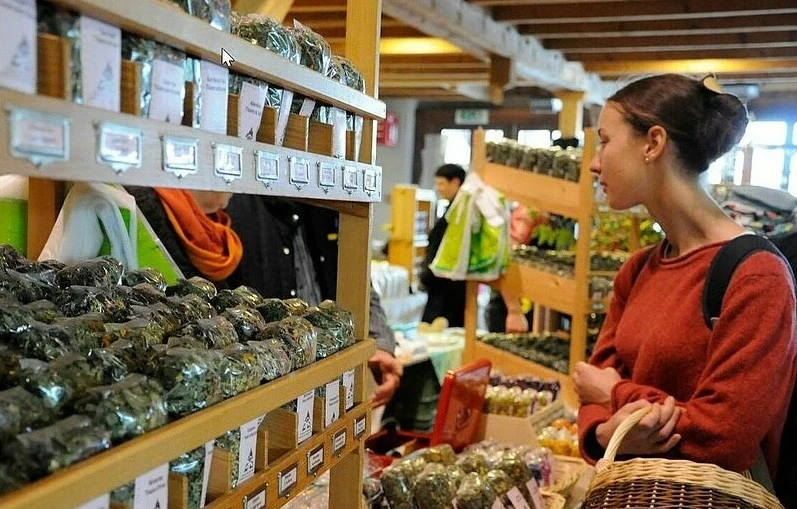 |
| Swiss consumers are accepting higher prices, especially when domestic inflation is much lower than in the euro zone. (Source: Bloomberg) |
Switzerland's tariff system, designed to protect domestic agriculture , prevents imports of products that could be produced domestically. However, when poor harvests or high demand lead to shortages of meat, fruit and vegetables, the government will lower tariffs to import cheaper goods from abroad.
Prices rise as Switzerland enters its domestic summer harvest, according to Maxime Botteron, an economist at UBS. This is in stark contrast to other eurozone countries, where prices fall as domestic supply increases. As a result, crops like cherry tomatoes are often cheaper in the off-season.
The Swiss government has maintained this paradox under pressure from groups that advocate for farmers and food independence. Swiss consumers have also accepted the higher prices, especially when domestic inflation is much lower than in the Eurozone.
Swiss products are known for their high quality and strict environmental and social standards, and a large part of the population is willing to pay a premium for this, said Stefan Legge, head of tax and trade policy at the University of St. Gallen.
Governments can reduce import tariffs in exceptional circumstances. Last week, Switzerland reduced tariffs on egg imports because domestic production has not kept up with demand, despite a 35% increase over the past decade. The government has increased the low-tariff import quota by 43%, to nearly 25,000 tonnes, to ensure supplies before Christmas.
Still, Swiss farmers are struggling. Last year, the government spent about 2.7 billion francs ($3.1 billion) in direct subsidies on agriculture.
Recently, when visiting a farm in Wileroltigen, Swiss Economy Minister Guy Parmelin received many complaints from farmers about complicated administrative procedures and strict pesticide regulations. He acknowledged that food prices were an issue, but insisted that Swiss food must meet higher standards and stressed the importance of food security.
With high wages, many Swiss consumers may not realise that they are paying 50% more for food than their neighbours. For those who do, it is easy to cross the border to shop in France, Germany, Italy or Austria.
Source: https://baoquocte.vn/nghich-ly-tai-thuy-sy-nguoi-tieu-dung-san-sang-tra-gia-cao-mua-thuc-pham-nong-dan-van-lao-dao-283062.html



![[Photo] National Assembly Chairman Tran Thanh Man meets with Thai Prime Minister Paetongtarn Shinawatra](https://vphoto.vietnam.vn/thumb/1200x675/vietnam/resource/IMAGE/2025/5/15/e71160b1572a457395f2816d84a18b45)
![[Photo] Prime Ministers of Vietnam and Thailand visit the Exhibition of traditional handicraft products](https://vphoto.vietnam.vn/thumb/1200x675/vietnam/resource/IMAGE/2025/5/15/6cfcd1c23b3e4a238b7fcf93c91a65dd)





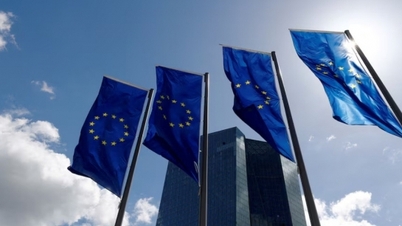

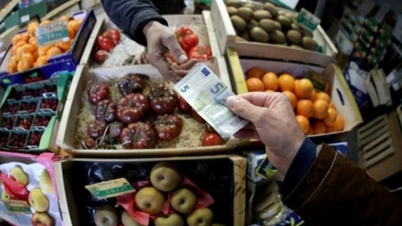















































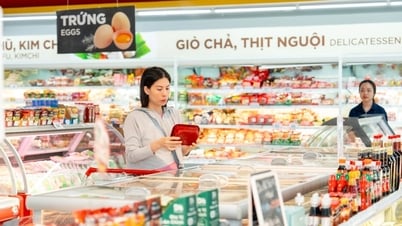









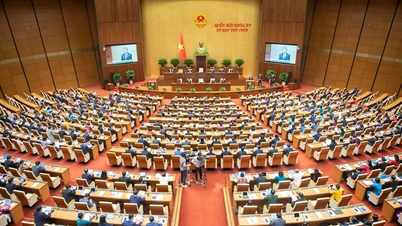




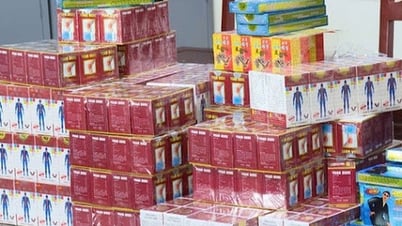








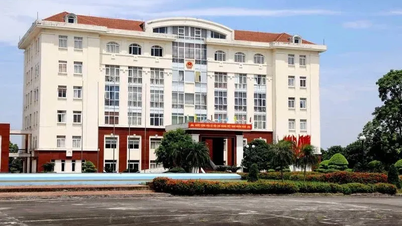











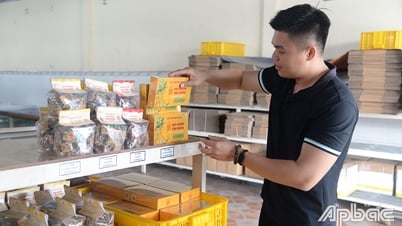




Comment (0)